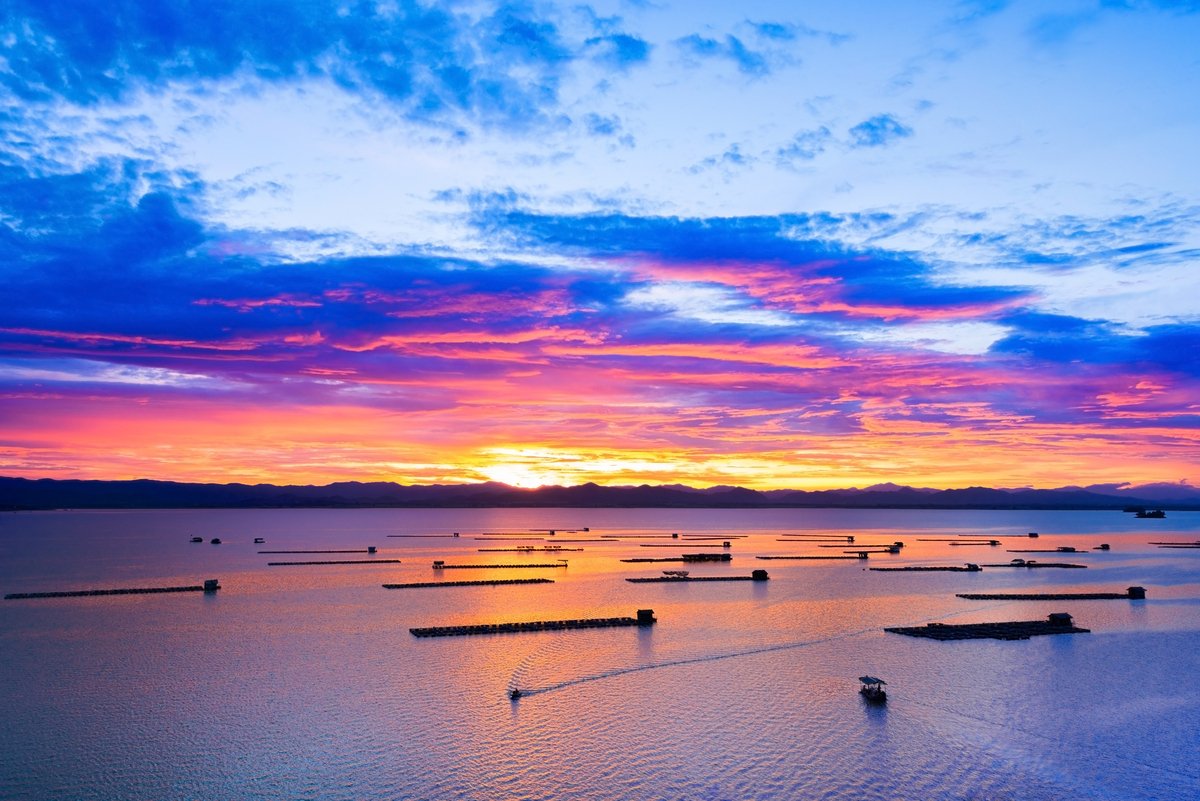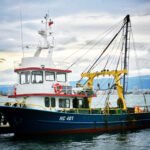
UN Reports Aquaculture Outpaces Wild Fisheries
- foodfightadmin
- June 11, 2024
- Agriculture, Global Hunger, Report
- adlps, ads pages
- 0 Comments
In a landmark development for global food production, the United Nations’ Food and Agriculture Organization (FAO) announced that for the first time, aquaculture surpassed wild-capture fisheries in 2022. According to the FAO’s “State of World Fisheries and Aquaculture” report, aquaculture yielded 92.2 million tons of aquatic animals, while wild fisheries produced 91.5 million tons. This milestone highlights aquaculture’s growing role in meeting global food demand sustainably.
Rise of Aquaculture
Aquaculture’s rapid expansion is driven by advancements in sustainable farming practices. These practices aim to reduce environmental impacts while providing a reliable protein source. Manuel Barange, FAO’s Director of Fisheries and Aquaculture Policy and Resources, remarked, “Aquaculture’s continued growth is essential for feeding the world’s population sustainably.” The report emphasizes the need for strong policies and investments to support responsible aquaculture, ensuring it contributes to global food security.
Implications for Food Systems
This shift towards farmed aquatic animals has broad implications for global food systems. Aquaculture’s growth can alleviate pressure on overfished wild populations and create economic opportunities in coastal and rural areas. However, the FAO report stresses the importance of managing aquaculture responsibly to ensure environmental sustainability and social equity.
The FAO urges increased efforts to enhance aquaculture governance, improve biosecurity, and promote innovation in feed and breeding technologies. Addressing these challenges will be crucial for aquaculture to fulfill its potential in achieving global food security goals.
Sustainability Challenges
The environmental impacts of aquaculture, such as water pollution and habitat destruction, remain significant challenges. Innovations in sustainable practices, such as integrated multi-trophic aquaculture and improved feed efficiency, are essential to mitigate these issues. The FAO report calls for international cooperation to establish guidelines and best practices that ensure aquaculture’s long-term sustainability.
Future Prospects
Looking ahead, the FAO emphasizes the need for continued research and development in aquaculture. Investments in technology, education, and infrastructure will be critical to support the sector’s growth. The report also highlights the importance of community involvement and local knowledge in developing sustainable aquaculture practices.
With the right policies and investments, aquaculture can play a pivotal role in securing a sustainable food future. The FAO’s findings underscore the sector’s potential to provide nutritious food, support livelihoods, and contribute to global environmental sustainability.








